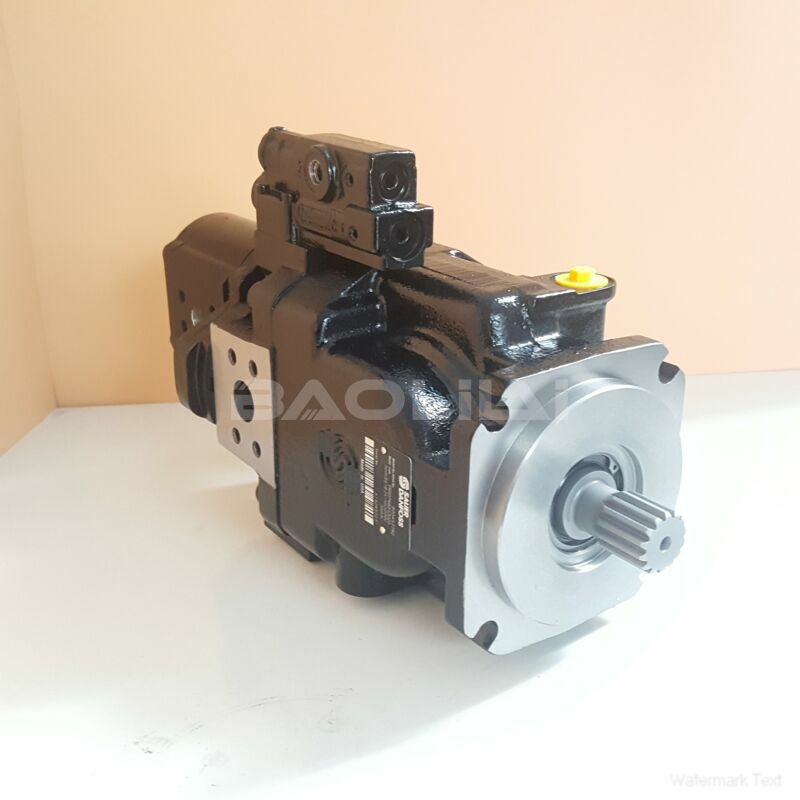FRL074BBS3120NNN3S1B2A3NNNNNNNNNN sauer danfoss pump
FRL074BBS3120NNN3S1B2A3NNNNNNNNNN sauer danfoss pump

- Product Details
- Applicable Scene
Piston pumps play a crucial role in the hydro-power generation sector, providing an efficient means of transferring fluids and optimizing the energy conversion process. As the world increasingly seeks sustainable energy solutions, understanding the function and applications of piston pumps in hydro-power systems becomes essential for maximizing efficiency and output.
FR-L-074B-BS-31-20-NN-N-3-S1B2-A3N-NNN-NNN-NNN
FRL074BBS3120NNN3S1B2A3NNNNNNNNNN
Hydro-power generation relies primarily on the gravitational force of flowing or falling water to drive turbines, which then convert kinetic energy into electrical energy. Piston pumps are often utilized in various stages of this process, particularly in the management of water pressure, flow rate, and turbine operation. By optimizing these factors, hydro-power facilities can enhance their overall efficiency and minimize energy losses.

83050060
One of the primary advantages of piston pumps is their ability to generate high pressure and maintain a consistent flow rate, making them suitable for a wide range of operational requirements. In hydro-power plants, these pumps can be used in applications such as water intake, reservoir management, and even recycling water back into the system. This capability is vital for maintaining optimal conditions within the turbine and ensuring that water is available when needed.
To maximize efficiency, it is essential to select the appropriate type of piston pump based on the specific requirements of the hydro-power system. There are two main types of piston pumps: single-acting and double-acting. Single-acting pumps move fluid during one stroke of the piston, while double-acting pumps move fluid during both strokes. The choice between the two often depends on the desired flow characteristics and operational constraints of the hydro-power facility.
In addition to selecting the right pump type, implementing advanced control systems can further enhance the efficiency of piston pumps. Automated control systems can optimize the pump’s operation by adjusting the speed and flow rate in real-time based on varying water levels and energy demands. This not only helps maintain system stability but also contributes to a more sustainable operation by reducing unnecessary energy consumption.





